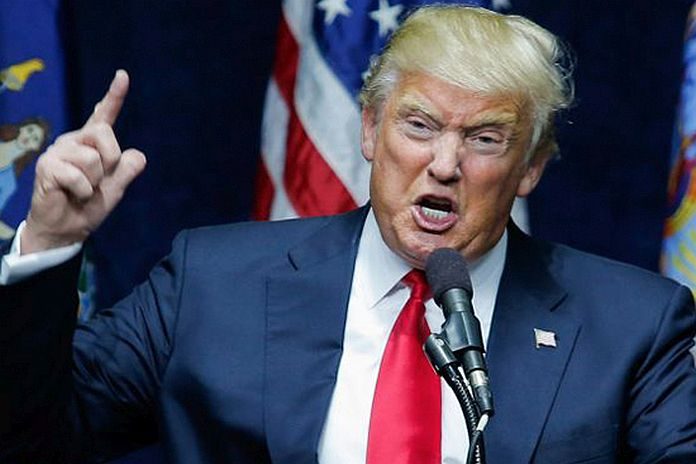By BDC
MONTREAL, Canada – The next US election is still four months away, but in the wake of the first presidential debate, many Canadian entrepreneurs are wondering what impact a new Trump administration would have on our economy. Unsurprisingly, their main concern is the toll heightened trade tensions could have on Canada.
While Biden’s administration hasn’t shied away from protectionism, notably through the Inflation Reduction Act, a second Trump presidency is expected to have a much greater impact on US/Canada trade relations.
Canadian economy vulnerable to rising protectionism
International trade remains crucial for the Canadian economy, with exports accounting for just over 30 percent of GDP. In April, Canada exported some $65 billion worth of goods, including nearly $50 billion to the United States alone.
Year in, year out, Canada exports 75 percent of its goods and services to the US and is particularly vulnerable to any move by the US towards protectionism. Donald Trump has said he wants to impose a 10 percent tariff on all US imports, regardless of their country of origin.
With Republicans ahead of Democrats in the latest polls for the November election, the eventual imposition of those tariffs on Canadian imports is a real possibility. After all, Trump brought in stiff tariff hikes on certain Canadian products, notably steel and aluminum, during his first presidential term.
Canadian growth would be affected
According to our models, a 10 percent tariff on exports to the US would subtract $7 billion from Canadian GDP in the year of implementation, representing a 0.3 percent decline from the base scenario. This drop-in economic activity would translate into the loss of around 20,000 jobs in Canada.
In the short term, the impact on Canadian exports would be limited because American customers wouldn’t be able to replace all Canadian imports overnight. The main drag on GDP would come from a significant drop in Canadian business investment, as the imposition of tariffs would cause investor confidence to plummet.
Regardless of whether Biden or Trump wins the election, however, we expect relations between the US and China to remain tense, posing a risk to the global economy and even more so for exporting economies like Canada.
A possible resurgence of inflation
The US economy is still coping with above-target inflation. With unemployment at a low 4.1 percent, job creation has held steady and wages have risen. The economy is running at or near full capacity.
Consequently, a new economic stimulus plan under a Trump administration would likely fuel inflation, forcing the US Federal Reserve to raise interest rates at a time when the world’s other major economies have begun easing credit conditions. What’s more, the imposition of tariffs would also be inflationary in the US.
A divergence in interest rate trajectories between Canada and the US already poses a major risk for the Canadian dollar.
In the past, an interest rate differential has weighed on the Canadian dollar and led to higher inflation on this side of the border. However, a shift towards more consumption of domestic services has reduced the inflationary impact of a weaker Canadian dollar.
This should limit the importance the differential plays in influencing the Bank of Canada’s monetary policy in the period ahead.
The impact on your business
- Strong US economic growth tends to favour consumption and therefore usually benefits Canadian exporters. In a context where a stimulus plan was accompanied by tariffs to restrict foreign imports, Canadian economic growth could be slowed by a new Trump administration.
- Higher interest rates south of the border could reduce the speed at which the Bank of Canada lowers rates.
- Regardless of the outcome of the election, companies doing business in the US market will have to learn to deal with a shift in US policy changes. However, the uncertain times and geopolitical climate of recent years mean that companies are already better prepared for change. Canada’s business owners must continue to invest in their companies to maintain their competitiveness and seek export opportunities in the US, as well as elsewhere in the world.





